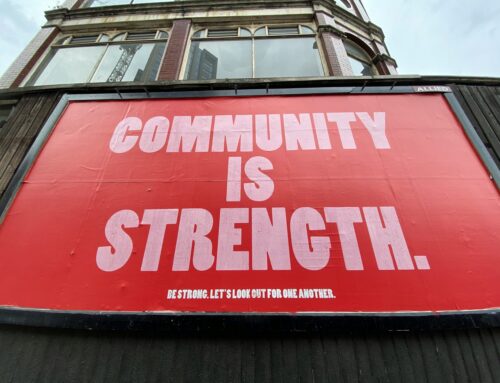Most life and career coaching clients come to me because they want to solve a problem. They are willing to pay for expert support because they have tried everything on their own: read all the books, talked to friends and family, analyzed and over analyzed, consulted psychics/astrologers, prayed a lot, taken online tests…you get the picture. Maybe you are even in those shoes right now.
But before we can solve the problem, we have to identify the problem. That may seem simple but in my experience, this is often where my coaching clients are stuck. To find a solution, we have to be asking the right questions and in order to do that, we have to know the nature of the choice before us.
In Designing Your Life Bill Burnett and Dave Evans make a very helpful distinction about the nature of problems. I highly recommend this book, based on product design techniques for career development in the Life Design Lab at Stanford. In the book, they claim that people waste much of their time focusing on the wrong problem and the worst outcome is that they succeed in solving the wrong problem and end up with a “success disaster.” In this type of problem solving, we “fix” what we thought was wrong, moving past the true problem and wake up years later realizing we are miserable. These are the successes of the wrong career that we made work, the unhappy marriage that we temporarily repaired, and the health problem where the symptoms are resolved without getting to the root cause.
Another way we waste energy on problems is by trying to solve what Evans and Burnett call a gravity problem. “If it’s not actionable, its not a problem. Its a situation, a circumstance, a fact of life…Here’s a little tidbit that is going to save you a lot of time–months, years, decades even. People fight reality. They fight tooth and nail, with everything they’ve got. And anytime you are arguing or fighting with reality, reality will win.”
I see this all the time in life and career coaching. My clients (and myself) focus on the unsolvable (like gravity) problem instead of asking themselves, given reality, what can I reasonably change here? If you are a poet, you are likely to love writing but you may never be able to support yourself doing it. If you inherited a particular body type, you aren’t going to change into a substantially different body. If you’ve been out of work for five years, it is going to be hard (but not impossible) to re-enter the work force. By accepting what is true about the situation, we can start to ask the real questions and get to the root problem, the actionable and solvable one.
So, what’s your real problem?



